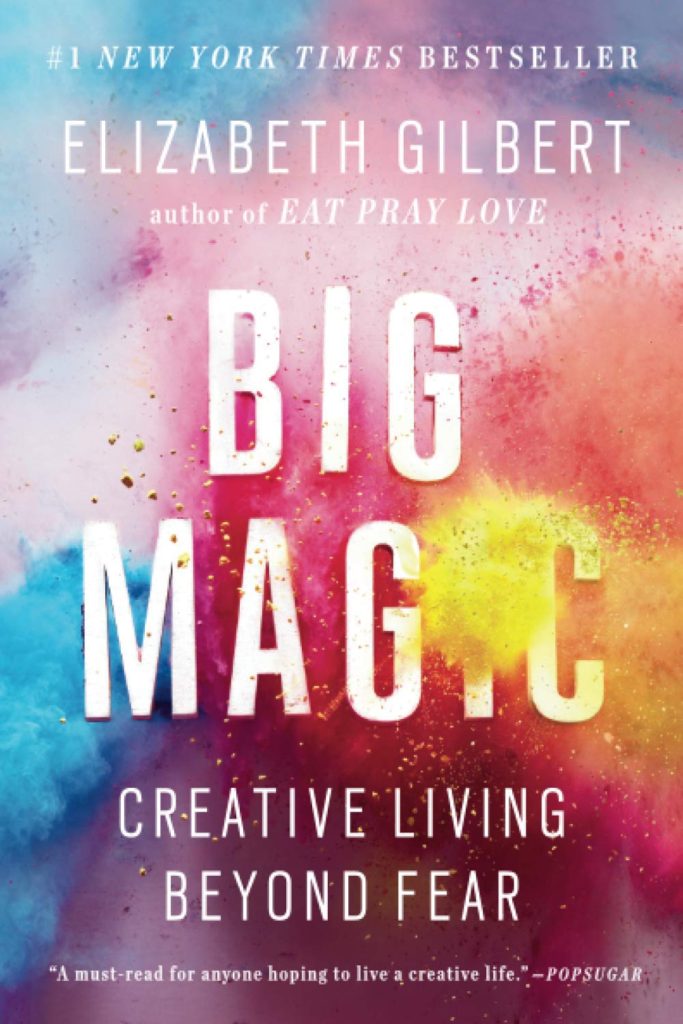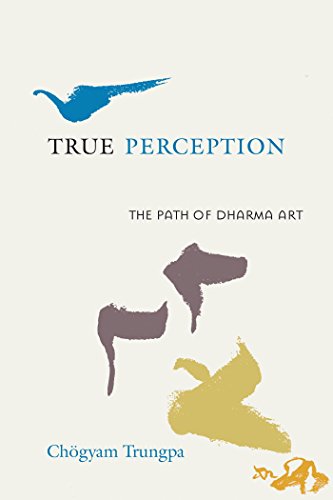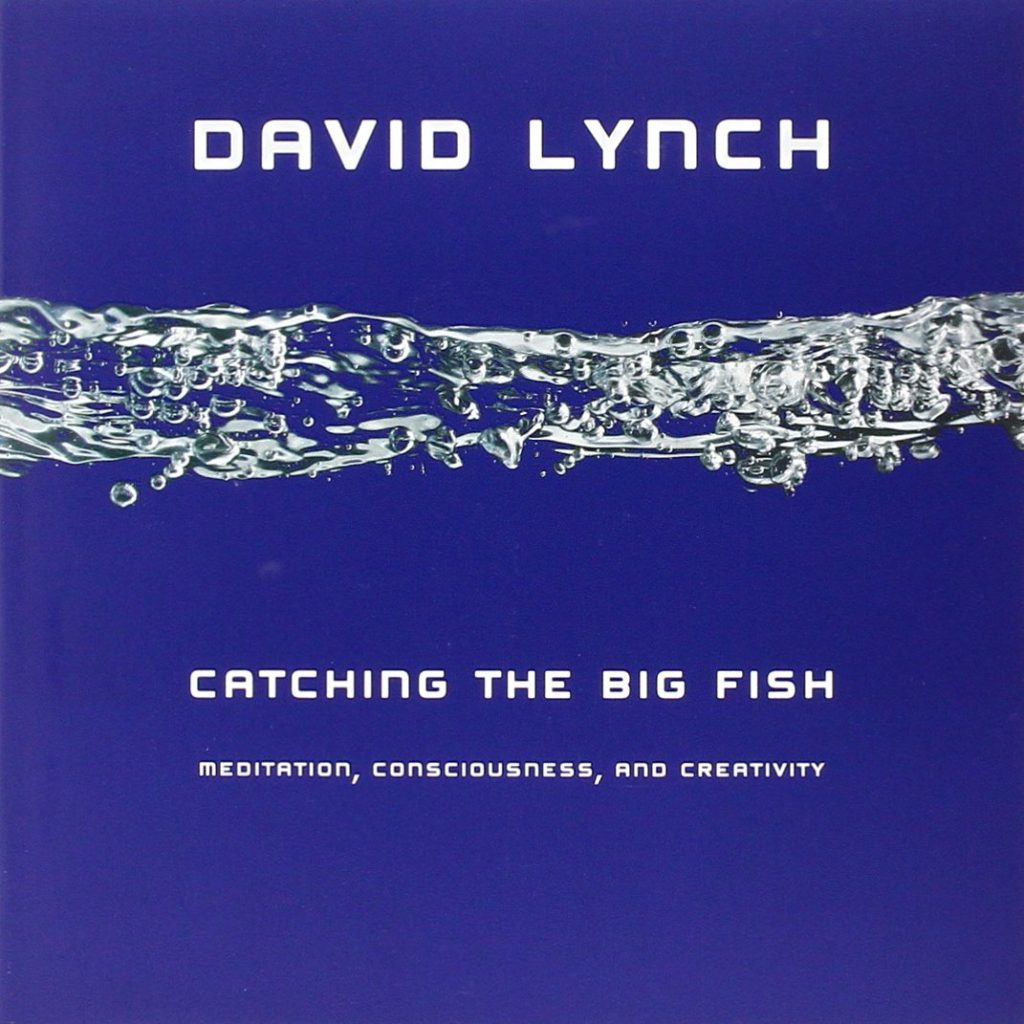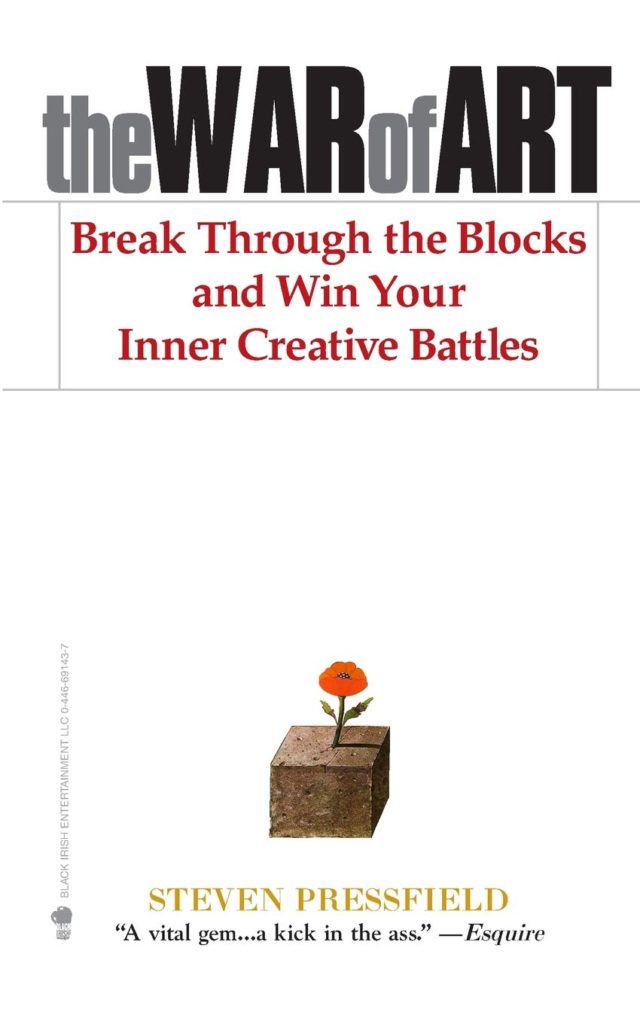The best books on creativity and spirituality
I love a good book list, so this week I’m doing another roundup of the books that I can’t live without! Recently I did a post on my favorite books about Ayurveda, so this time I want to share my favorite books on creativity and being an artist. Specifically, all these books have a spiritual component. Then again – I can’t imagine a book on creativity that doesn’t, to some degree!
The authors of these books know that creativity is a mystery. But that doesn’t mean that aren’t things we can do to welcome more of that mystery into our lives! I find so much inspiration in the pages of these books. These are all ones that I love to keep close to my bed, my desk, or my meditation space. I love reading a chapter in the morning, during a midday workbreak, or anytime I need a little lift. They really are like spiritual texts to me.
Being an artist can feel lonely. We can forget that the things we struggle with are things that literally every other creative person on the planet struggles with! Reading books on creativity reminds me that I’m not alone. These authors inspire me to think in new ways, remind me of what I already know but have forgotten, and make me fall in love with my creative practices all over again. You never need to be in this alone – I hope these books will be helpful companions to you on your creative path just as they have been for me.
The Artist’s Way by Julia Cameron

First on my list — the ultimate bible of creativity! I love this book so much, because it’s really more than a book. It’s an experience, a 12-week course on reclaiming your creativity.
The first time I read this book was about five years ago. I had been in Los Angeles for a year and after having decided not to go to graduate school, I was trying to figure out what I really wanted to do with my life. This book came to me at the perfect time, as I was in a place of exploration and had a lot of possibility and openness in my life. I have very fond memories of reading this sitting on Venice Beach, fitting in writing sessions in cafes between nannying and film production gigs, and riding on the metro to take my first “artist dates.”
About those artist dates — one of my favorite things in this book is the toolkit Cameron offers for creative upkeep! Daily “morning pages” and weekly “artist dates” are the basis of this. Morning Pages is your daily free-writing to be done every morning shortly after waking, and Artist Dates are little (or big) adventures that you take yourself on to nurture your inner artist. With these two practices alone, I believe you’ll start to see huge shifts in your life and your creativity.
But it doesn’t stop there. Each chapter of the 12 chapters in this book is one week of your course — each week filled with exercises, reflections, guidance, and quotes to help you along your journey. If you’re looking for something that’s more of an experience than a passive read, this is the book for you. I dare you to follow it and not have your life changed forever!
Big Magic by Elizabeth Gilbert

You may remember Elizabeth Gilbert from her bestselling book Eat Pray Love (Julia Roberts plays Gilbert in the film adaptation). I love all of Gilbert’s books, but this one is definitely my favorite. A combination of Gilbert’s personal journey as a writer, inspiration drawn from other artists, and exercises to live your own most creative life, this book is a gem.
Gilbert has a story common to many artists — it took her a long time and a lot of rejections before she found success. What’s clear in reading this book is that she loves writing so much that no matter what obstacles were thrown in her way, she was going to keep doing it. Reading this book reminded me that being an artist is a way of life. It’s not something we do only when things are going well, or if the world gives us permission or approves of us.
Gilbert writes about the fear we all experience as creatives and how to create in spite of it. She gives advice for how to make yourself most available to ideas when they show up, and how to reframe your art practice as a secret, exciting love affair! Ultimately, she’ll remind you why a creative life is the most exciting, vibrant, and fully alive kind of life.
True Perception by Chogyam Trungpa

A few years ago I took a class at the Los Angeles Shambhala Center on Contemplative Creativity, (I probably went for one of my “Artist Dates”!) and bought this book shortly after. Chogyam Trungpa is the founder of Shambhala, a spiritual tradition with roots in Tibetan Buddhism with an emphasis on living with courage, kindness and compassion. In True Perception, Trungpa writes about the idea of “dharma art,” a path of using art practices as an approach to meditation in and of themselves.
Trungpa writes about creating from a state of direct awareness of the world around us, without preconceived notions of ourselves, our world, or our art. “The Buddhist way of approaching art is nonaggressive,” Trungpa says. This means creating without competition, comparison, or striving for financial goals. According to Trungpa, this begins with developing a meditative state of awareness, a “blankness” from which anything can arise.
I love this book because it reminded me of how at its best, art brings us more into the present moment — the mystifying awareness of being that we could call enlightenment. Maybe you’ve felt this after seeing a great movie, hearing a song that cuts right to your core, or writing a poem that feels like it was a gift from another realm. In those moments, it’s like a veil has lifted and you’re in the bliss of pure existence. If you’re interested in cultivating more of those kind of moments in your art practice, this book is for you.
Catching the Big Fish by David Lynch

Much like Lynch’s films, this book is a weird and wonderful collection of thoughts, metaphors, and images, held together by an idea. The very short chapters have titles like “Dreams”, “Drugs”, and “Therapy”, and each one offers insight into a different topic as it relates to creativity.
Like Chogyam Trungpe, Lynch is interested in the relationship between creativity, consciousness and meditation. A dedicated practitioner of Transcendental Meditation, Lynch writes about how entering this meditative state has helped him deepen his art practices and come up with unique ideas and visions.
I’ve been inspired by Lynch for a long time; to me he seems to embody the joy of creating and living a creative life. I admire that he works in many forms, including painting, photography, and music as well as the filmmaking he is known for. Personally, I’ve never been able to pick just one medium, and I love seeing examples of successful artists who haven’t limited themselves to one form! Reading this book helped me to understand how all creative forms are essentially expressions of the same thing.
If you’re a fan of David Lynch films, you’ll love getting insight into his mind, and hearing stories from his career, such as how he came up with the idea for the Red Room in Twin Peaks. But even if you haven’t seen any of his films, I think you can appreciate this book for his unique perspective on creativity. This book is poetry in itself, filled with humor, practical advice to aspiring artists, and unexpected beauty.
The War of Art by Stephen Pressfield

A modern classic on creativity, The War of Art is required reading for anyone who feels they have a creative calling that longs to be fulfilled, but keeps getting put off. Pressfield identifies “Resistance” as the enemy of creativity, and breaks down all the forms that resistance can take, and how to identify it in your own life. In bite-sized chapters (many are just one page or less) Pressfield lays out an approach to overcome resistance and start creating the life you want, every day. It’s a great one to pick up when you need a brief pep talk or as the Esquire review on the cover says, “a kick in the ass.”
But this book has a spiritual component too. The last section is all about “the higher realm” of creativity that we can all hope to access when we move past resistance. It is in this realm that the magic happens, Pressfield says. “When we sit down each day and do our work, power concentrates around us. The Muse takes note of our dedication.” I appreciate this perspective that creativity is part hard work, part mystery. Pressfield gives many concrete things you can do to change your work habits, so that you can make yourself most available to that mystery.
What did I miss? There are so many great books on creativity, writing and artmaking, and I want to read them all… if only there were more hours in the day! I’d love to hear your favorites so I can add them to my list, so comment below and let me know!